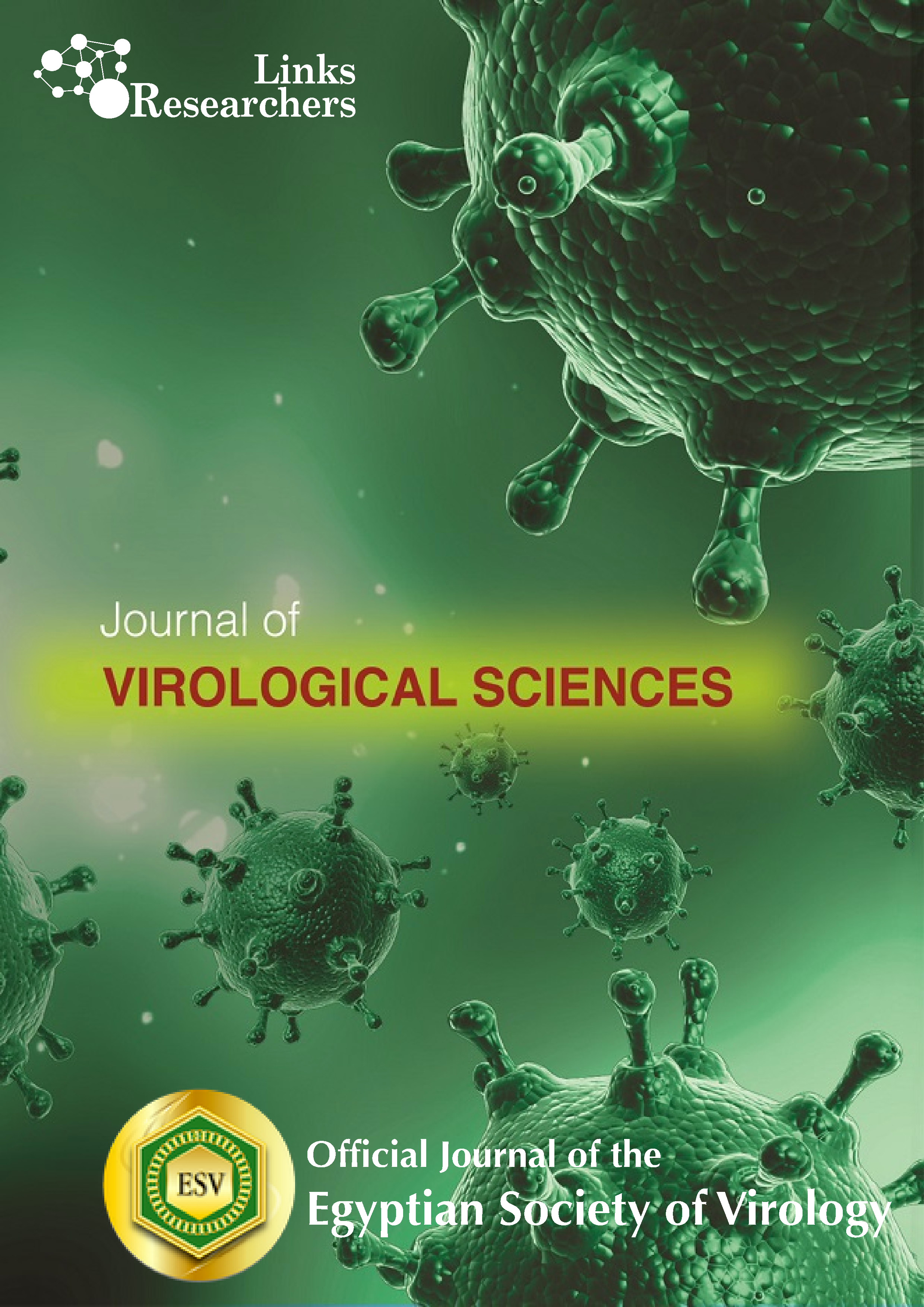Background: Different genotypes of Avian avulavirus 1, also known as Newcastle disease
virus (NDV) and formerly known as Avian paramyxovirus 1(APMV-1), are circulating in
many parts of the world. Currently, the used vaccine strains (mainly genotypes I and II) are
three to seven decades old and are genetically distant from the currently circulating virulent
Newcastle disease virus (NDV).
Objectives: In this study we compared two vaccination programs against NDV in chickens,
one using genotype VII inactivated and live NDV vaccine are available in the market and
second group used genotype II inactivated LaSota vaccine with live vaccine.
Method: NDV isolate designated NDV-GZ-986F-2015 was isolated from a commercial
broiler farm in Egypt and characterized as a virulent strain was used for challenge. Contact
chicks were added in both groups post challenge.
Results: indicated that both programs can protect birds from mortalities (up to 100 %). The
parameters used in this evaluation are the antibody immune response using hemagglutination
inhibition (HI) assay, protection post challenge, virus shedding and transmission in contact
non vaccinated chickens using qRT-PCR test.The genotype VII (GVII) vaccine group
induced higher HI titer by using GVII monospecific antigen and decreased virus shedding
than other group. The vaccinated group with genotype VII significantly reduced the virus
shedding at 3, 5, 7 and 10 days post challenge unlike the genotype II vaccinated group that
did not reduce virus shedding and increased morbidity and mortality in contact birds.
Conclusion: The combined inactivated and live NDV vaccination programs have the
potency to prevent mortalities of virulent genotype VII challenge virus. The vaccination
program used genotype VII inactivated and live vaccines initiated a high level of antibody
titers that can limit the transmission and virus shedding to the contact birds. These results
may help in controlling the NDV of GVII virulent strain that is commonly circulating in the
field.





